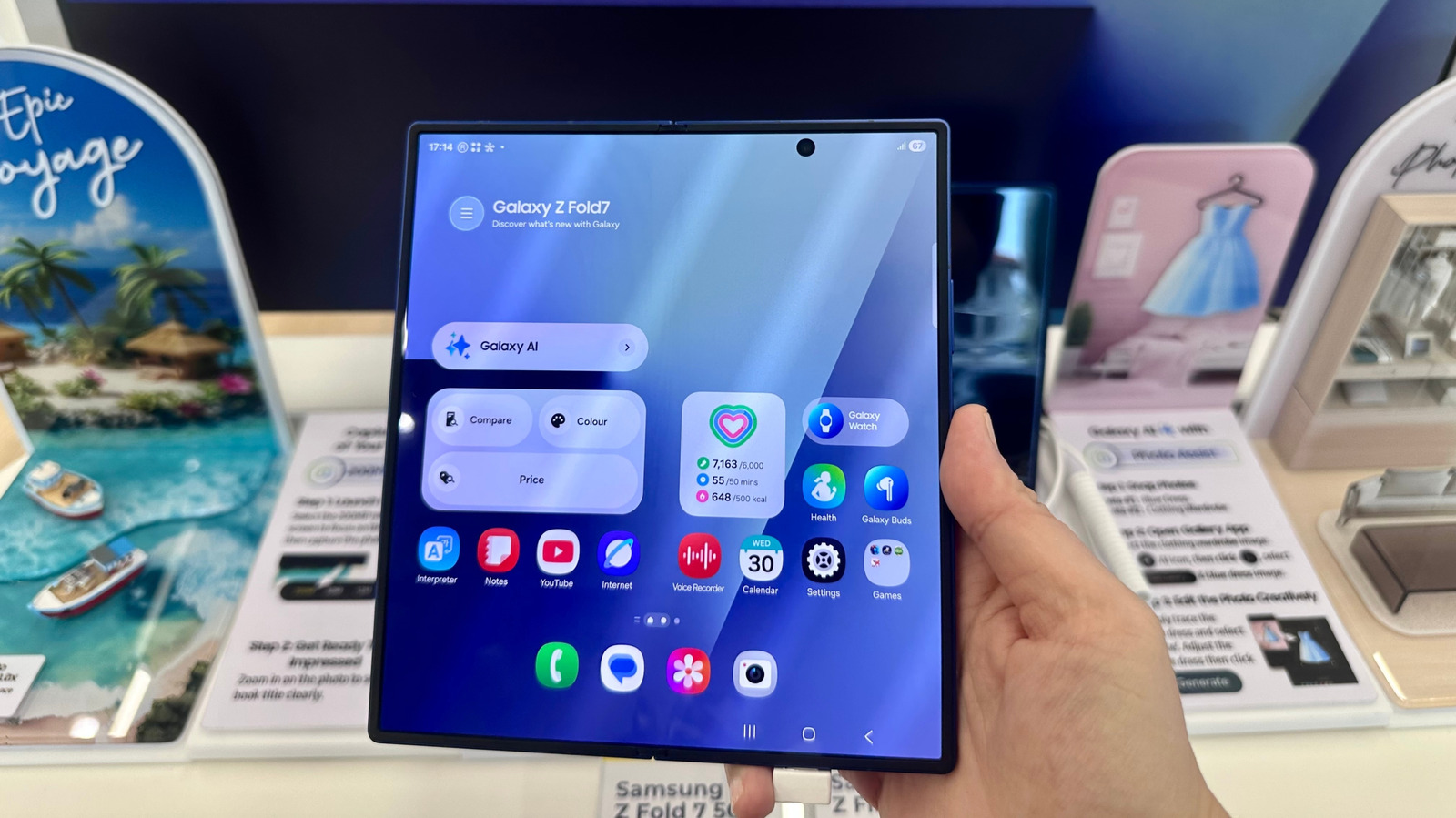Wake Up Dead Man: A Knives Out Mystery is the latest Knives Out movie from writer-director Rian Johnson. The Knives Out films are known for star-studded casts, twisty plots, and being very, very popular; the first movie made over $300 million at the worldwide box office, an impressive feat for any film and doubly so for an original IP. At the time, we thought we were witnessing the birth of a fun new franchise that would keep people coming back to the theater.
We were half-right. In 2021, Netflix paid $450 million for two Knives Out sequels. The first sequel, Glass Onion, dropped in late 2022 and posted great numbers…on Netflix. If you wanted to see it in theaters, you had to catch it during a limited one-week run the month before.
Now Netflix is doing the same thing with Wake Up Dead Man. It’s long past time the company started releasing more of its movies in theaters, for its sake and ours.
Releasing movies in theaters will make Netflix more money
Who could say no to that?
Netflix is loath to give its movies a wide release in theaters for fear it will cut into their streaming numbers, but it seems not to have occurred to the company that they can have it both ways. Glass Onion was a giant hit on the service, racking up 82.1 million hours watched in its first three-day frame. The movie also took in $15 million at the box office despite being in select theaters for only a week, making back nearly half its budget before it started streaming.
Seeing movies in theaters doesn’t mean people are less apt to watch them on streaming; in fact, they might be more. Consider what happened when Christopher Nolan’s 2014 sci-fi film Interstellar was re-released in IMAX theaters last December. When that 10-year-old movie landed on Netflix the month after, it was the third most-watched film on the platform in the U.S. The theatrical run seemed to help, not hurt, the movie’s performance on streaming.
Netflix is a business and wants to make money, but there are only so many potential subscribers on Earth. We’ve recently seen it resort to other ways to raise cash, including raising subscription prices, introducing ads, and cracking down on password-sharing. Theaters are another revenue stream just sitting and waiting to be tapped.
Releasing movies in theaters will help the industry as a whole
For the greater good
The better theaters do, the better the industry does. Netflix was one of the original disruptors that got people to leave theaters and watch movies at home from the comfort of their couches. That flexibility has been terrific, but an all-streaming future isn’t good for anyone. It means fewer movies made overall and less interest in cinema across the board, since movies that drop exclusively on streaming services don’t make the same kinds of waves as ones that screen in theaters.
Quentin Tarantino, a guy who’s made both cult hits and crossover smashes, once told Deadline that streaming-only movies don’t “exist in the zeitgeist,” so far as he could tell. “I’m not picking on anybody, but apparently for Netflix, Ryan Reynolds has made $50 million on this movie and $50 million on that movie and $50 million on the next movie for them,” he said. “I don’t know what any of those movies are. I’ve never seen them. Have you?”
Reynolds has headlined big-budget Netflix movies like 6 Underground, The Adam Project, and Red Notice, and I’ve got to admit that, no, I haven’t really heard of them. They certainly don’t inspire the same kinds of passionate debates online as theatrical releases like Superman, Sinners, or Weapons. There are exceptions, but movies released only on streaming have a hard time becoming part of the discussion.
That’s despite Netflix’s earnest wishes. The company seeks the recognition that comes from producing great movies that endure. If they didn’t, they wouldn’t try so hard to snag industry awards, which is often why they deign to screen their movies in theaters at all.
In order to qualify for awards like the Oscars, Netflix is required to release movies in theaters, which it does on as few screens as possible for as little time as possible; if you don’t live in New York City or Los Angeles, odds are you’ll never see a Netflix movie in a theater. (Netflix actually released Glass Onion on way more screens than usual, even if it wasn’t nearly enough.)
But a Best Picture Oscar still eludes the company. Maybe Netflix would get the accolades it craves if it committed to actually being part of the movie industry, which includes theaters, rather than always trying to disrupt it.
Audiences deserve to see these movies on the big screen
Not everything is built for home viewing
So far, I’ve focused on how theatrical releases could benefit Netflix directly, just in case CEO Ted Sarandos reads this and wants a clue. But there’s one big reason that has nothing to do with him: because people would enjoy it!
However fun and convenient it is to watch movies at home, some are just better in the theater. A legendary director like Martin Scorsese, who made 2019’s The Irishman for Netflix, makes films with the big screen in mind.
Maybe Zack Snyder’s Rebel Moon movies wouldn’t have felt so meager and meandering if we could’ve seen them blown up 20 times; perhaps then the slow-motion violence would feel as overwrought and overpowering as it’s meant to. And even if you never want to leave your couch, it doesn’t hurt that other people have the option.
Netflix is inching towards the right decision
Hollywood insiders are seeing to it
There are signs that Netflix is pivoting. One of its big upcoming swings is a multi-movie adaptation of The Chronicles of Narnia by C.S. Lewis, to be helmed by Barbie director Greta Gerwig. Her first Narnia movie, based on The Magician’s Nephew, is due out next Christmas, and she’s pulled off the impossible: after months of negotiations, she convinced higher-ups at Netflix to release her movie on at least 1,000 IMAX screens (and maybe more, if the movie comes out in China). The film will play for two to three weeks on IMAX before Netflix has the option to run it in regular theaters.
The idea is that releasing the Narnia movies in IMAX could help turn them into a franchise people are actually excited about, something Netflix has had difficulty doing with its one-off originals. And there’s no theater like an IMAX theater if you want to turn a movie into an event. If Sarandos and company are smart, this is just the beginning.
Better times ahead for theater fans
I imagine that Gerwig isn’t the only person trying to change Netflix’s mind from within. The streamer has collaborated with numerous major filmmakers over the years, including Guillermo del Toro, Aaron Sorkin, David Fincher, Spike Lee, and the Coen brothers. These are members of Hollywood’s old guard who want to see their movies on the big screen; Gerwig is the first one to realize that desire, but hopefully, she won’t be the last. Netflix wanted to change the industry, and it has, but the industry may have changed it a bit, too.
Even Knives Out 3 will benefit from Netflix’s relaxed stance. Glass Onion only got to spend a week in movie theaters. But when Wake Up Dead Man opens on November 26, it will be there for two weeks, and then it’ll start streaming on December 12. Hey, baby steps are still steps.












